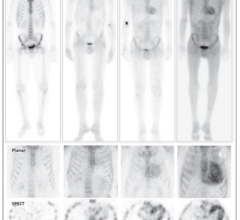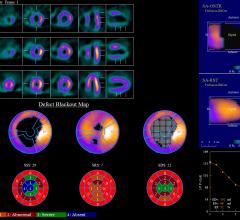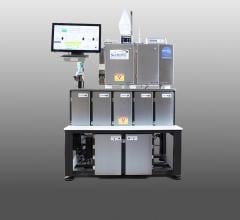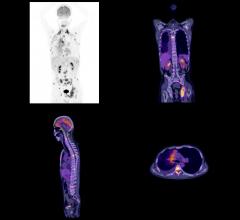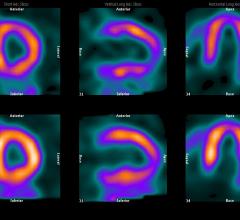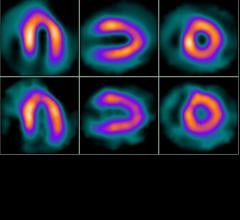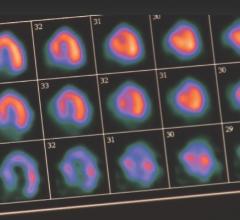November 6, 2009 - As the American Medical Isotopes Production Act of 2009 now heads to the U.S. Senate for approval, legislation that would create a stable and reliable supply of medical isotopes in the United States, the Society of Nuclear Medicine (SNM) applauds the U.S. House of Representatives for its passage of H.R. 3276—the American Medical Isotopes Production Act of 2009.
“The worldwide isotope shortage has long been adversely affecting patients in the U.S.,” said Michael M. Graham, Ph.D., M.D., president of SNM. “This important legislation will bring us one step closer to solving this chronic problem.”
The American Medical Isotopes Production Act of 2009 was introduced by Congressman Edward J. Markey (D–MA) in July.
“Congressman Markey has worked closely with the medical community, members of industry and other stakeholders to ensure that this important legislation comes to fruition,” said Robert W. Atcher, Ph.D., MBA, chair of SNM’s Domestic Isotope Availability Taskforce. “The time is now to make sure that the U.S. has long-term access to medical isotopes — without having to rely on foreign producers.”
Molybdenum-99 (Mo-99) is a critical medical isotope. Technetium-99m — the decay product of Mo-99 — is used in more than 16 million diagnostic medical tests annually in the U.S. for the early detection and effective management of cancer, heart disease, thyroid disease and other serious conditions.
There are currently only six foreign producers of Mo-99 approved by the U.S. Food and Drug Administration to import the product into the U.S. — and no domestic facilities exist which are dedicated to the production of Mo-99 for medical uses. These aging foreign reactors regularly experience significant ongoing maintenance issues — frequently causing these reactors to go off-line. These continuing problems were exacerbated with reactors shutting down in Canada and the Netherlands earlier this year. Subsequently, the Canadian government announced that it will no longer produce medical isotopes as of 2016.
“To date, it has not been a pretty picture — and that is why SNM is so supportive of the House’s approval of this bill,” added Graham.
Most reactors in the world that produce Mo-99 utilize highly enriched uranium (HEU), which can also be used in the construction of nuclear weapons. Under this legislation, nuclear reactors that produce Mo-99 would have to stop using HEU and make the transition to low enriched uranium (LEU) as a replacement.
“This is landmark legislation for patients and all Americans,” said Graham.
For more information: www.snm.org

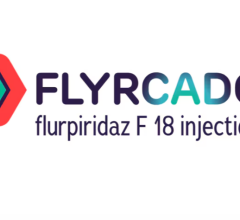
 March 25, 2025
March 25, 2025 


